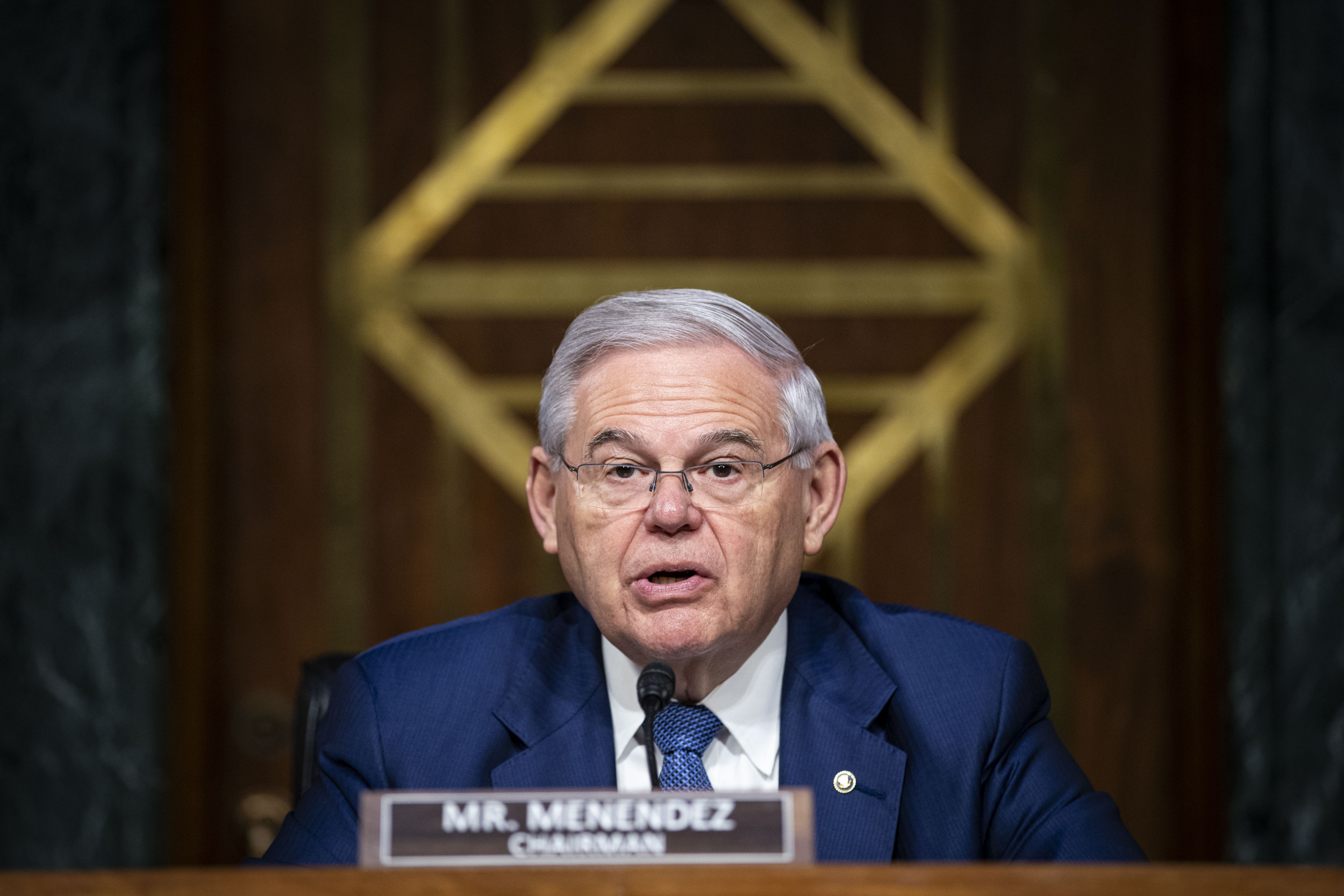
The United Nations has called for a month-long ceasefire amid the seven-year civil war engulfing Syria, as an upsurge of attacks have pushed besieged areas into one of the worst points seen in the crisis.
On Tuesday, the U.N. Resident Humanitarian Coordinator and U.N. Representatives in Syria called for "an immediate cessation of hostilities."
A break in fighting would allow the U.N. to provide 700,000 people with relief over the next two months. The ceasefire would push the flow of humanitarian aid and services, as well as evacuation of those in critical need, the UN said.
Waves of airstrikes have intensified in recent days in the Syrian towns of Saraqeb in Idlib, and Douma in Eastern Ghouta near Damascus, where Russian and Syrian warplanes are attacking rebel-held areas.
Fresh reports of bombs containing weaponized chlorine have resulted in an international outcry over the toll on civilians. U.N. war crimes experts are conducting investigations into multiple reports of suspected chemical attacks.
"Over the last 48 hours, the scale and ferocity of attacks has increased dramatically resulting in multiple reports of civilian casualties and airstrikes," the U.N. Commission of Inquiry on human rights in Syria said in a statement on Tuesday.
After one of Russia's jets was downed over the weekend, Moscow has stepped up bombardments in response. A major offense was launched in December by the Syrian army to seize Idlib province, the last rebel-held territory. The offense was backed by Russian power and Iranian-backed militias.
Syria's Civil Defense, known as the White Helmets, responded to a chlorine gas attack on February 4 in the town of Saraqeb. Subsequent Twitter posts by the rescue team documented continued evacuations amid airstrikes, including same-day airstrikes by Russia warplanes that reportedly left six people dead.
#Saraqeb @SyriaCivilDef teams respond to an attack with chlorine gas. 9 injured including 3 White Helmet volunteers. Attacks like this, in violation of UN Security Council resolutions, happen with impunity. @BBCWorld @cnnbrk pic.twitter.com/mLtfQ0OMnv
— The White Helmets (@SyriaCivilDef) February 4, 2018
While Syrian President Bashar al- Assad has vehemently denied any use of chemical weapons, saying their forces only target militants, U.N. investigations have said that the regime has previously conducted chemical attacks.
The U.S. State Department has said they are "gravely alarmed by continued allegations of the use of chlorine gas," citing February 5 as the sixth such reported attack in the last 30 days in Syria.
According to U.N. estimates, 13.1 million people require humanitarian assistance in Syria, including nearly 3 million people in hard-to-reach areas.
In 2013, the U.S. and Russia, Assad's strongest ally, struck an agreement that sought to disarm Syria's arsenal of chemical weapons, which eventually led to the disposal of around 1,200 tons of chemical stockpile. Chlorine gas, seen as the loophole in the agreement, was not included and allegedly used by the Assad regime.
The U.S. and Russia have traded jabs over a Syria chemical weapons inquiry, known as the Joint Investigative Mechanism (JIM). In November, Moscow blocked the one-year extension of the inquiry and said that there was "nothing balanced" in the U.S.-drafted resolution.
One of the five permanent members of the U.N. Security Council, Russia has cast 11 vetoes since the conflict broke out seven years ago. China, which traditionally follows Russia's lead, has also vetoed past resolutions concerning Syria.
Russia has previously proposed a new inquiry into Syria's chemical attacks that many see as a way to undermine the investigation process.
Over the weekend, the U.S. said that Russia was blocking recent U.N. efforts, including the failure to help issue a Security Council statement.
"Russia has delayed the adoption of this statement – a simple condemnation of Syrian children being suffocated by chlorine gas. I hope Russia takes the appropriate step to adopt this text, showing the Council is unified in condemning chemical weapons attacks," U.S. Ambassador to the U.N. Nicki Haley told the Security Council on Monday.
Russia has since called for "due investigation of all the attacks" as the U.S. accuses Moscow of protecting Syria.
Uncommon Knowledge
Newsweek is committed to challenging conventional wisdom and finding connections in the search for common ground.
Newsweek is committed to challenging conventional wisdom and finding connections in the search for common ground.
About the writer
Most recently, Tracy Lee has finished a documentary episode on national security examining the balance between the State Department and ... Read more
To read how Newsweek uses AI as a newsroom tool, Click here.





